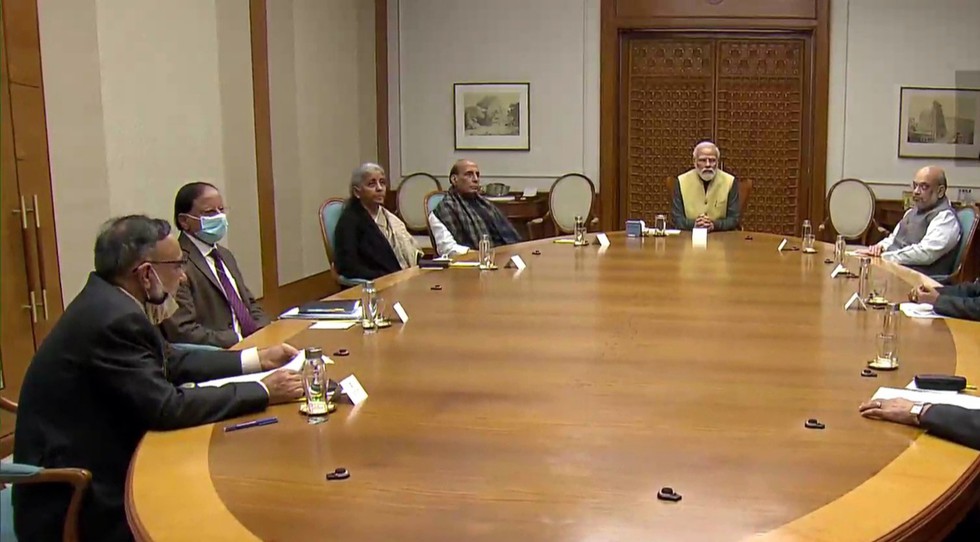What are Cabinet Committees?
- Cabinet Committees are extra-constitutional, meaning, they are not mentioned in the Indian Constitution.
- They are partly designed to reduce the burden on the Union Cabinet by allowing smaller groups of ministers to make decisions on specific policy areas.
- They are constituted or reconstituted when a new government takes over or the Cabinet undergoes a reshuffle.
- The Prime Minister constitutes the Standing Committees of the Cabinet and sets out the specific functions assigned to them.
- The composition of cabinet committees in India can range from three to eight members, which typically consist of only Cabinet Ministers.
- However, non-cabinet ministers may also be appointed as members.
- All cabinet committees are chaired by the prime minister or a senior cabinet minister and will have a number of cabinet ministers as members. However, if the Prime Minister is a committee member, he will be the head of the committee.
- There are a total of eight cabinet committees, which are listed below:
- Appointments Committee of the Cabinet.
- Cabinet Committee on Economic Affairs.
- Cabinet Committee on Political Affairs.
- Cabinet Committee on Investment and Growth.
- Cabinet Committee on Security.
- Cabinet Committee on Parliamentary Affairs.
- Cabinet Committee on Employment and Skill Development.
- Cabinet Committee on Accommodation.
- Appointments Committee of the Cabinet
- Presently, all committees except the Cabinet Committee on Accommodation and the Cabinet Committee on Parliamentary Affairs are headed by the Prime Minister.
About Cabinet Committee on Security (CCS):
- CCS is headed by the Prime Minister.
- The Committee discusses, debates, and is the apex body when it comes to the appointments of the officials in the national security bodies.
- It also makes all the important decisions on defence policy and expenditure and, generally, all matters of India’s security.
- Members:
- Prime Minister of India
- Union Minister of Defence
- Union Minister of Home Affairs
- Union Minister of Finance and Corporate Affairs
- Union Minister of External Affairs
- Functions:
- The CCS deals with all the issues related to the defence and security of India.
- The CCS deals with all issues related to the law and order of our country and national security.
- It discusses different initiatives to take to enhance the national security of India.
- It also deals with policy matters of foreign affairs which may have a bearing on internal or external security implications, including cases relating to agreements with other countries on security-related issues.
- The Committee discusses the political issues which can impact the security of our nation.
- It reviews the conditions and the manpower of the national security bodies and makes the required changes to increase national security.
- The CCS considers each case that involves a capital expenditure of more than Rs 1,000 crore in respect of the Department of Defence Production and Department of Defence Research and Development.
- It also deals with every issue related to atomic energy and also considers cases of an increase in the firmed-up cost estimates or revised cost estimates.
